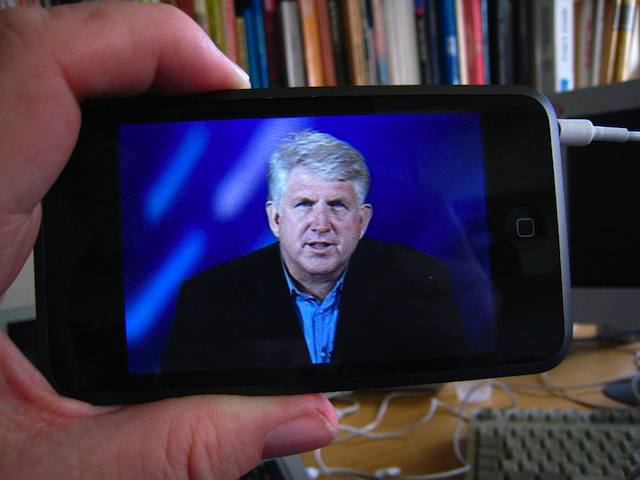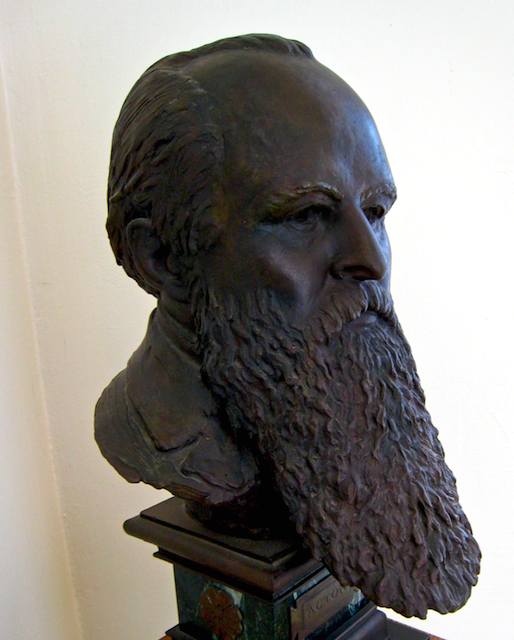If you’ve been following Associated Press’s absurd attempt to rewrite the law on Fair Use then you’ll enjoy Michael Arrington’s latest sally.
As far as I can tell, the Associated Press is sticking by its ridiculous and unlawful assertion that “direct quotations, even short ones” are copyright infringements and result in lawsuit threats and DMCA takedown notices.
This story led us to ban the A.P., call the New York Times out on undisclosed conflicts of interest and begin to investigate some ridiculous organization called the Media Bloggers Association before getting bored and wandering off to other topics.
But now the A.P. has gone too far. They’ve quoted twenty-two words from one of our posts, in clear violation of their warped interpretation of copyright law. The offending quote, from this post, is here (I’m suspending my A.P. ban to report on this important story).
Am I being ridiculous? Absolutely. But the point is to illustrate that the A.P. is taking an absurd and indefensible position, too. So I’ve called my lawyers (really) and have asked them to deliver a DMCA takedown demand to the A.P. And I will also be sending them a bill for $12.50 with that letter, which is exactly what the A.P. would have charged me if I published a 22 word quote from one of their articles.
Next time, A.P., ask permission before you quote me. I work hard to create content, and it just isn’t appropriate for you to simply cut and paste it into your own product and then sell that to others.


